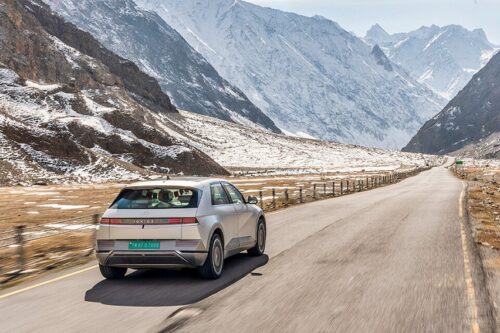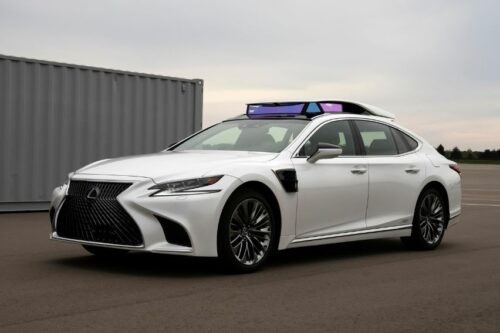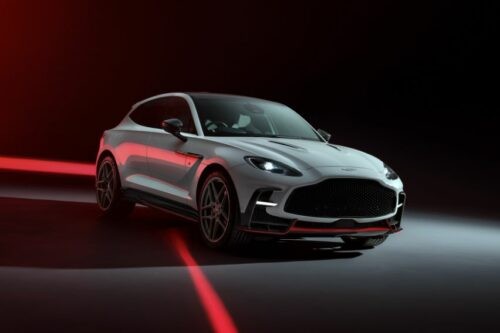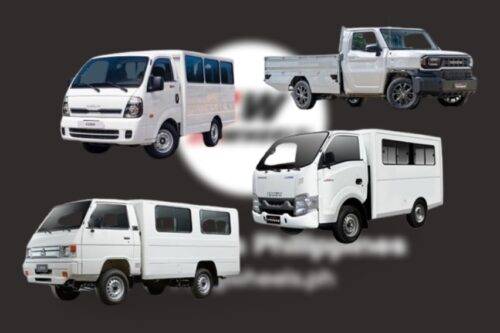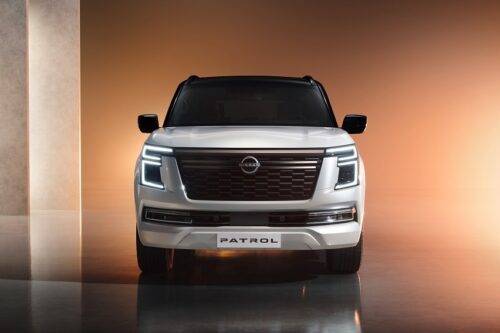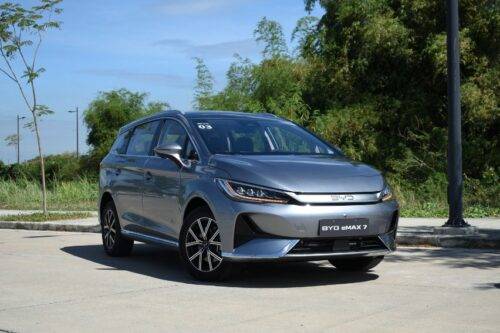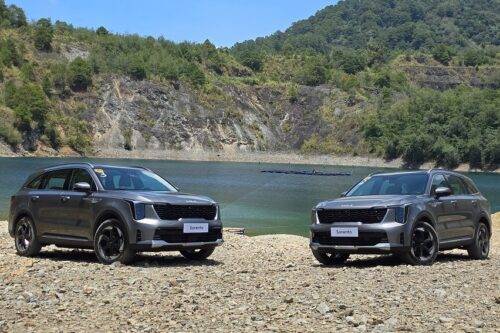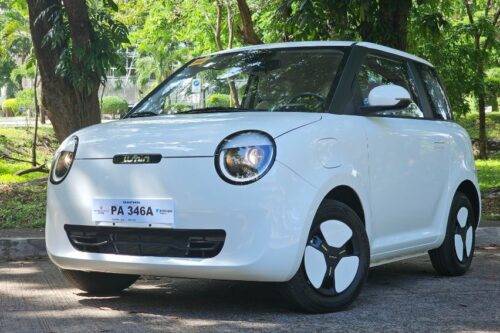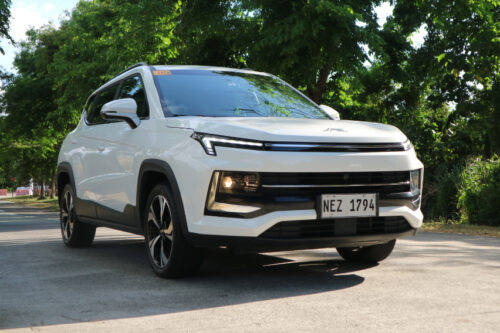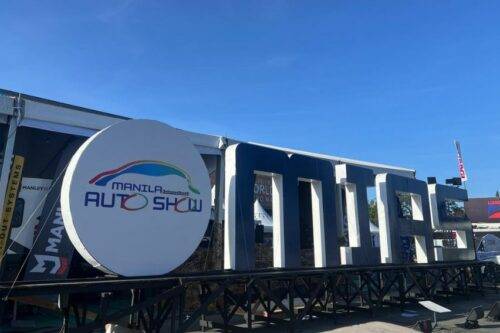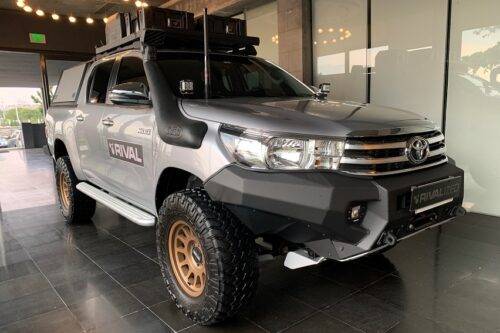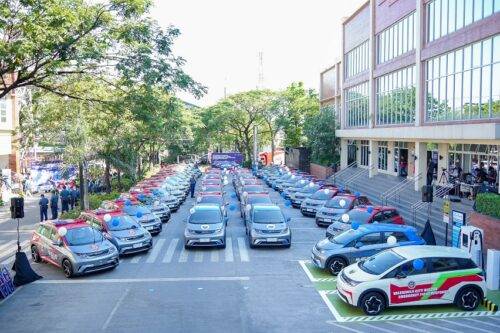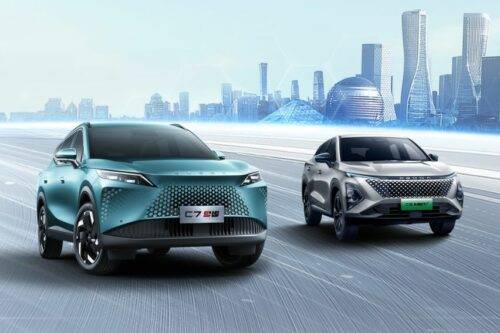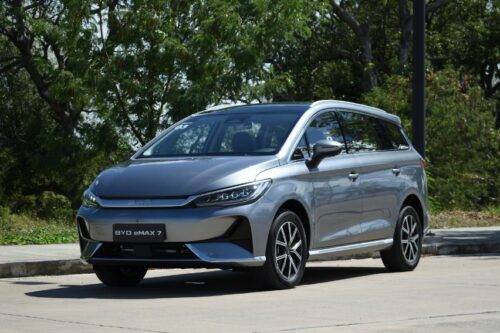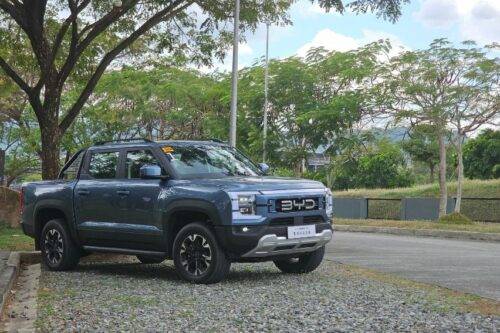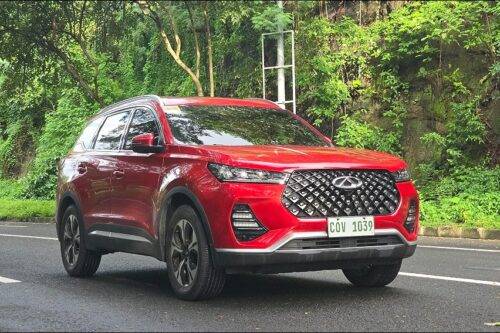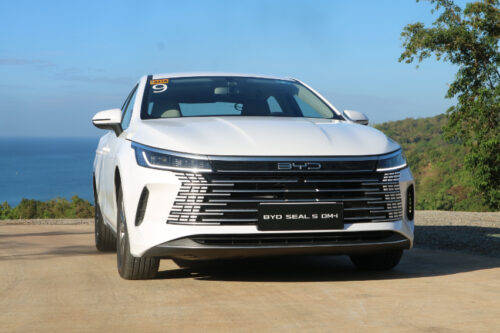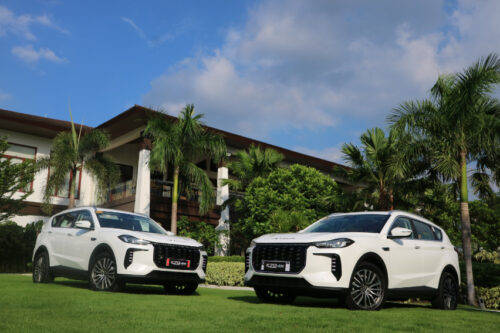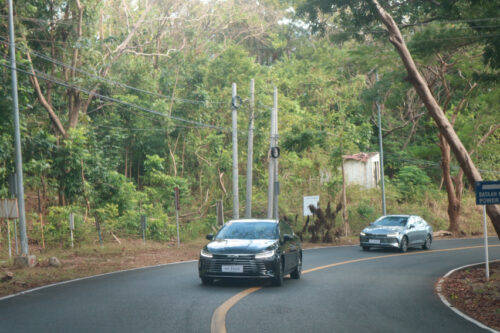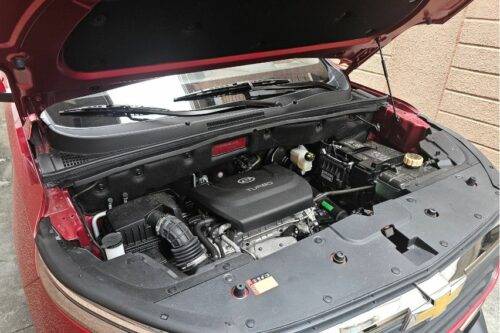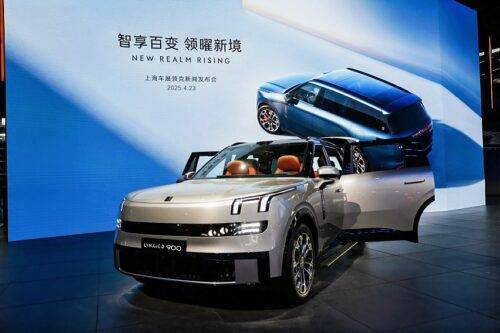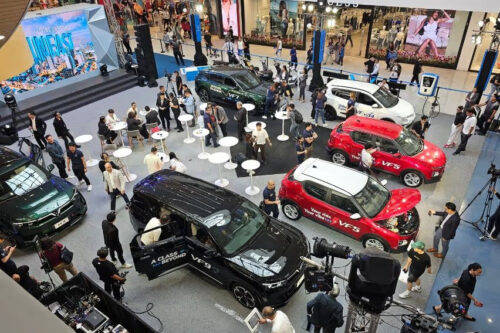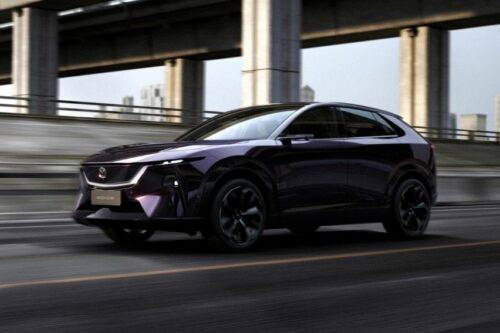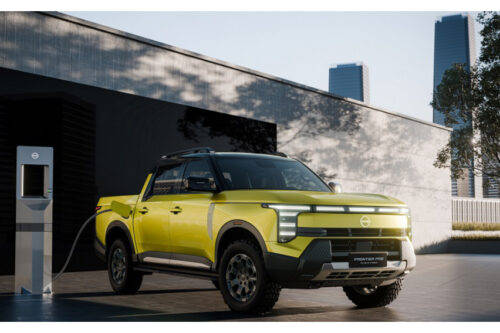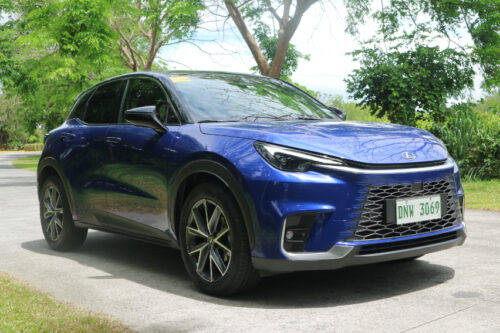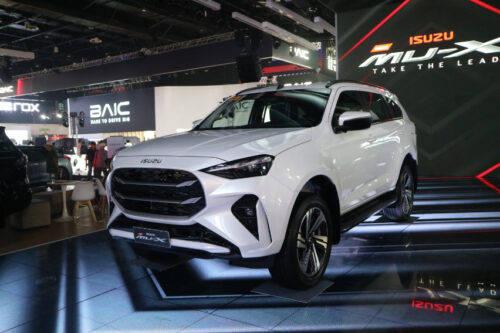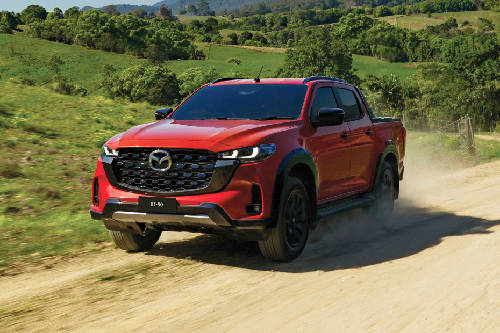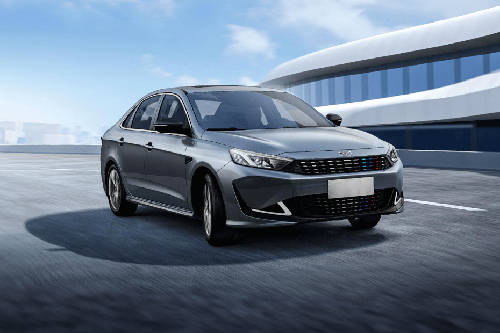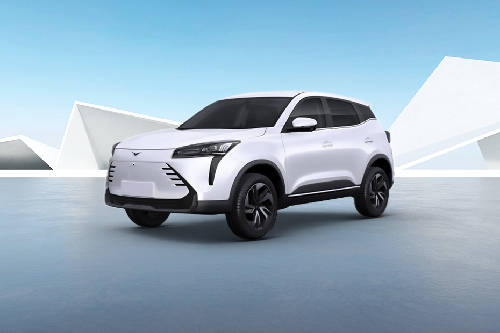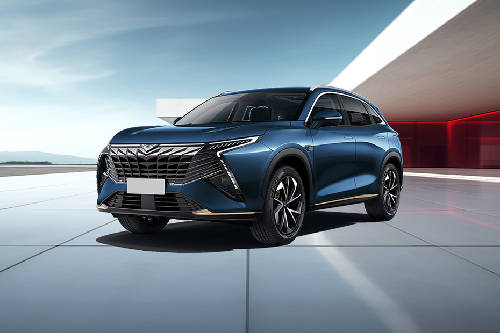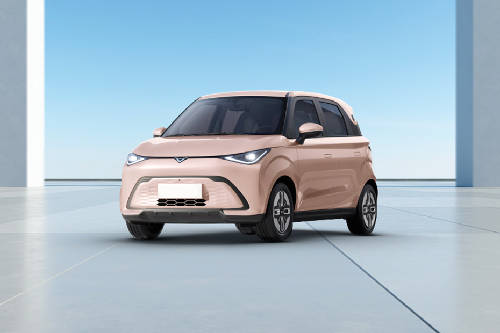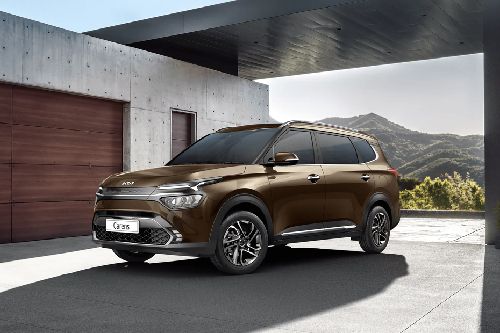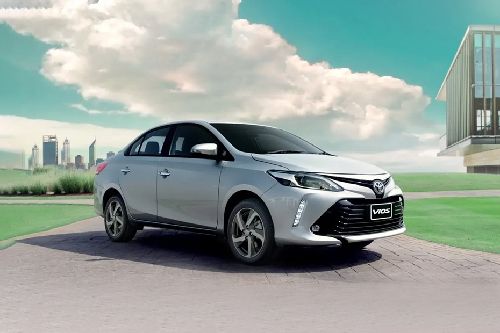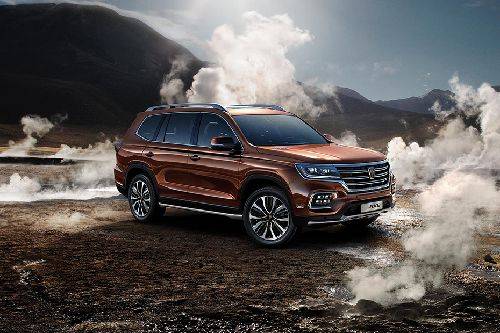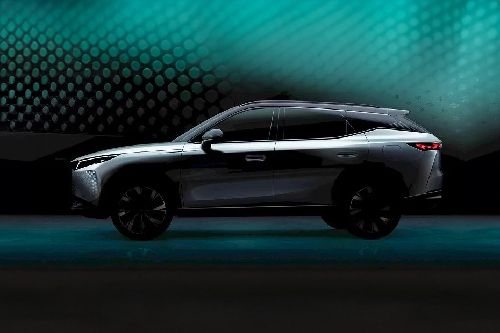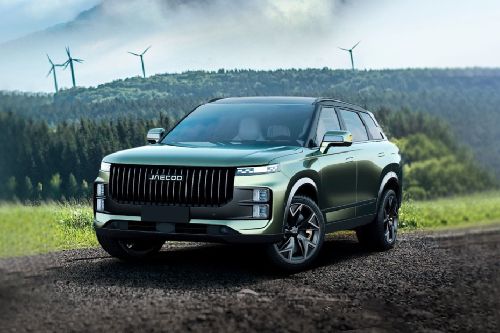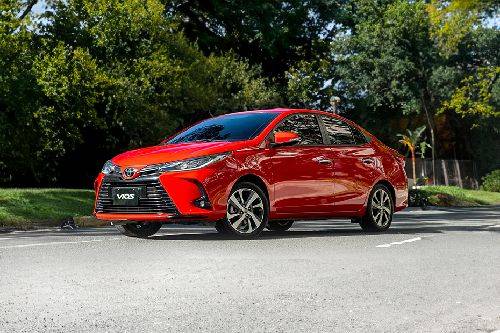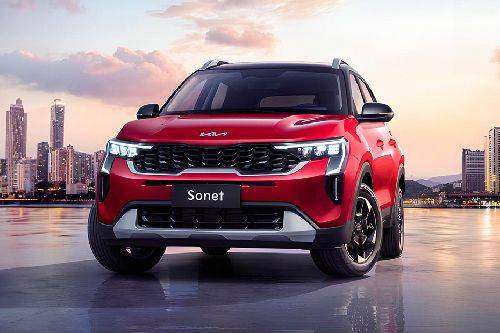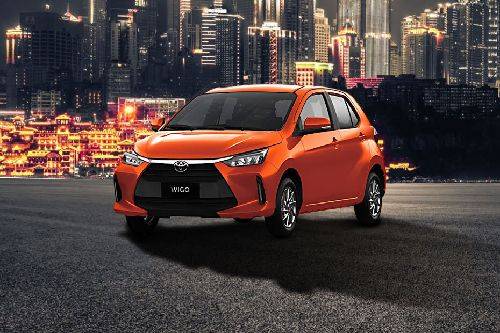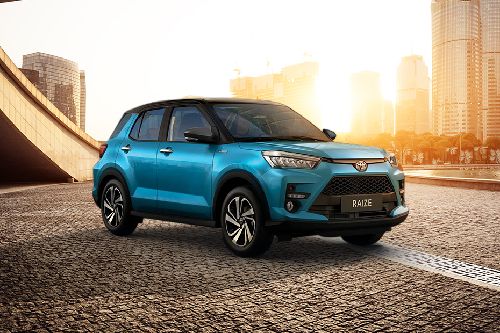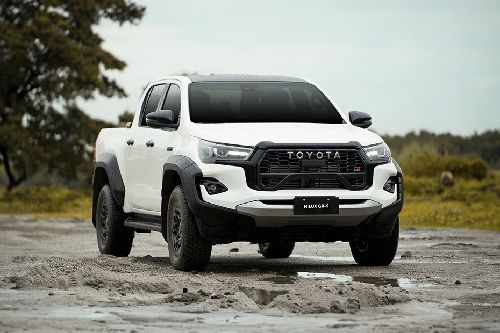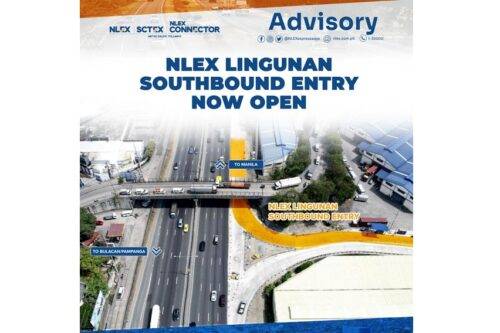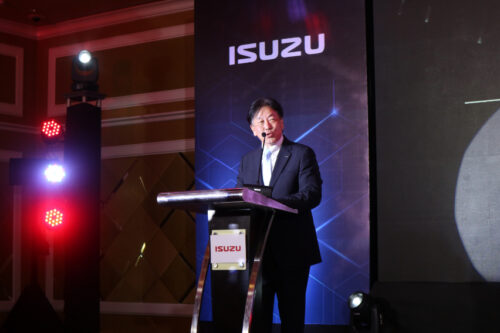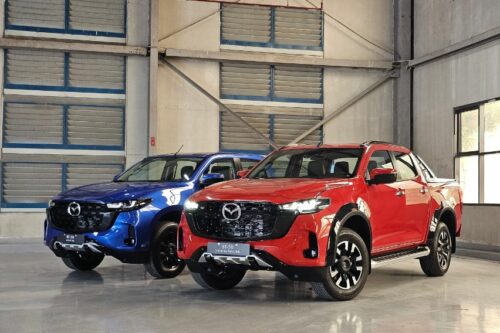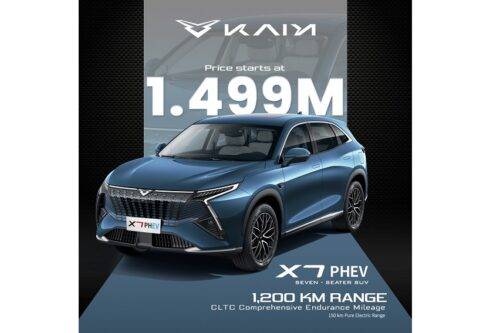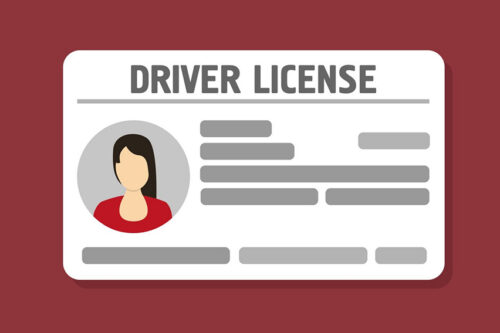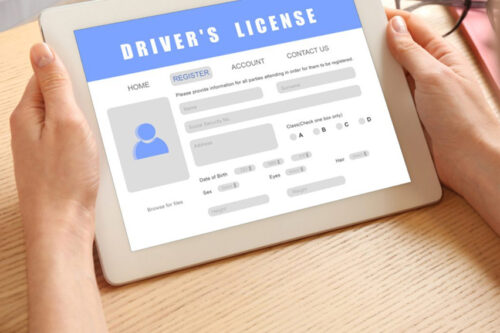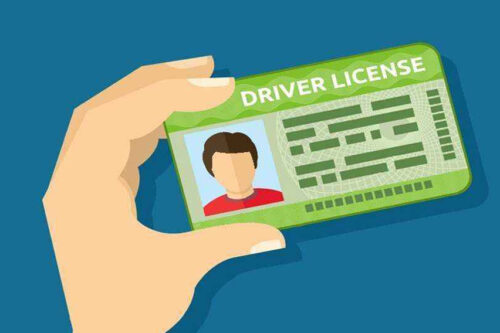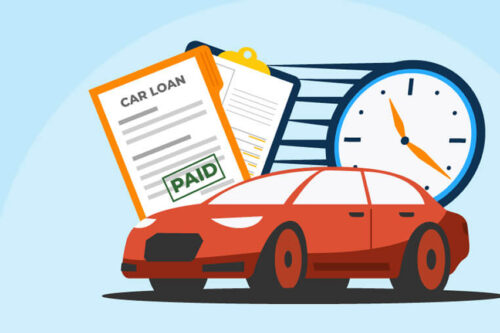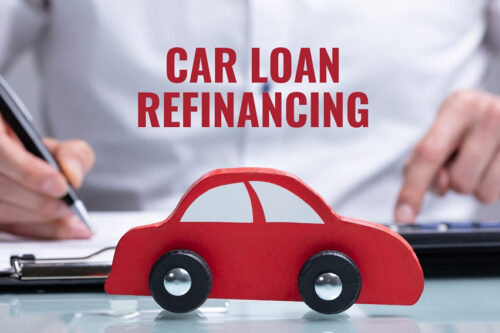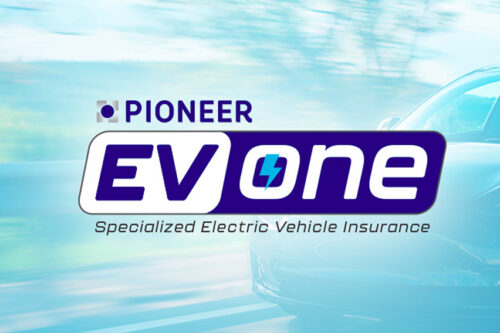Here's the dirt on electric vehicle charging
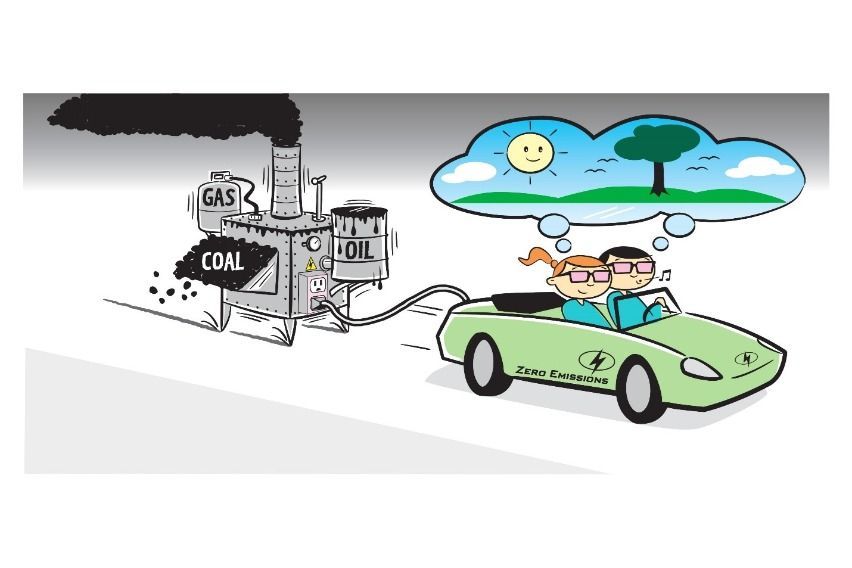
Electric vehicles (EVs) are indeed the future of motoring. But are they as kind to the environment as they're hailed to be?
KEY TAKEAWAYS
Why does electric vehicle charging need zero-emissions solutions?
While EVs do not emit CO2, coal-powered electric grids through which they are charged do emit harmful pollutants.Which local companies are testing or offering eco-friendly EV charging solutions?
First Gen Corporation and Mitsubishi Philippines, among other companies, are exploring the use of solar energy to charge EVs.Change Wind Corporation, a company that's developing wind- and solar-powered electricity generators, suggests that while EVs themselves don't emit CO2 emissions, the methods through which they are charged do.
"More than 60% of our electric grid is powered by burning dirty fossil fuels," the company claimed in a release, referring to the US. "Using that dirty grid to charge EVs only adds pollution and greenhouse gasses and pollution to the air we breathe."
And so unlike more advanced nations where wind and solar energy generate the electricity for the grid, the Philippines derives the majority of its electricity generation from coal. Approximately 76% of the country's electricity production was sourced from fossil fuels in 2021, according to statista.com.
This makes the local push for EV use more challenging. Among other hurdles — such as the still-growing EV charging network, lack of larger tax breaks for EVs, or perhaps the lack of public awareness for EVs — our electric grid is lagging behind in cleanliness. It would be ironic to charge a zero-emissions vehicle through a polluting grid.
Thankfully, several local carmakers and companies that are pushing for EV adoption are offering environment-friendly solutions to this flaw in EV usage.
Green EV charging
With the Leaf, this electric hatchback aims that its users lessen their dependence on the coal-powered grid. The Leaf is equipped with vehicle-to-everything (V2X) two-way charging function, which enables the car to power homes, appliances, offices, or act as an alternative power source during national calamities.
The Leaf is also serves as the test vehicle for First Gen Corporation's GreenWheels Project in which EV charging stations powered by solar energy are being tested.
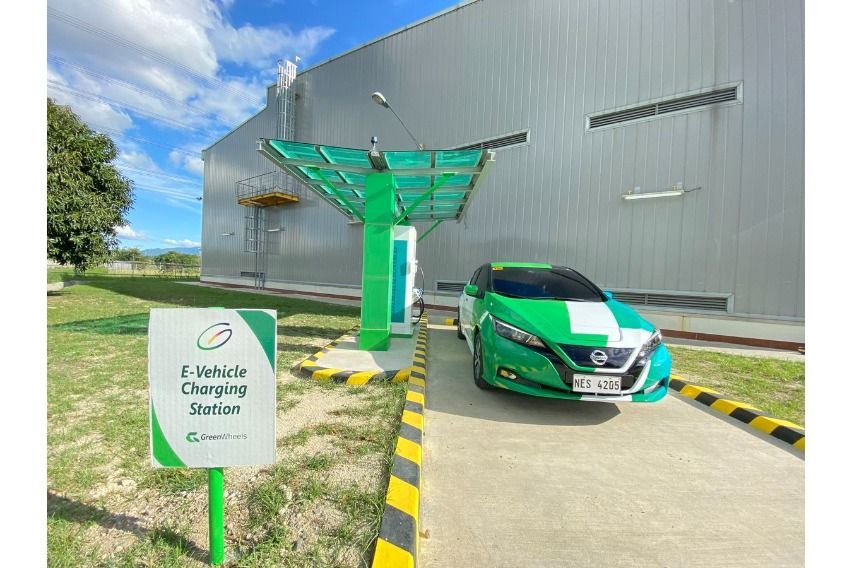
With the help of solar energy, First Gen's fast-charging station can give an EV unit's battery an 80% charge in 40 minutes, or a mere fraction of the 18 hours needed by a regular home charger, Nissan Philippines Inc. (NPI), First Gen's partner in its project, said in a release.
NPI's partnership with First Gen is one of the first steps under the carmaker's Blue Switch initiative. As this initiative aims to "serve as an example of how future collaborations will be approached by Nissan in the Philippines," as the company said, we could expect more environment-friendly charging solutions in the near future.
Solar energy is also being used in Mitsubishi Motors Philippines Corporation's (MMPC) Dendo Drive Station. In turn, that zero-emissions energy is used to charge electrified vehicles such as the Mitsubishi Outlander Plug-in Hybrid Electric Vehicle (PHEV).
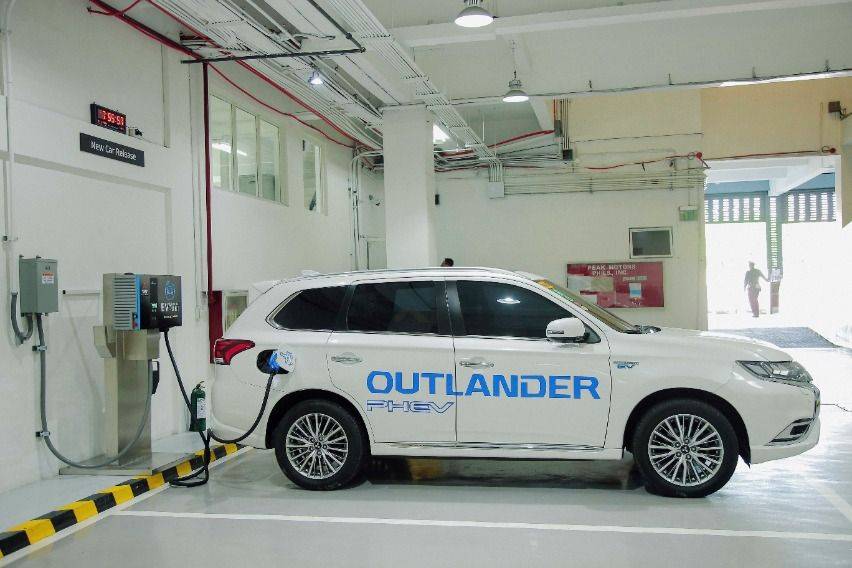
The Dendo Drive Station showcases Mitsubishi’s vehicle-to-home (V2H) energy ecosystem. The V2H, aside from providing charge to the Outlander PHEV, also sends electricity from the vehicle to the station, similar to the V2X system in the Leaf.
The Manila Electric Company (Meralco), through its subsidiaries Spectrum, eSakay and MServ, well, plugged the Dendo Drive components to life. Meralco is touting its Green Mobility Program sustainability agenda, which aims to aims to cut down greenhouse gas emissions while also promoting the country’s transition to electrified transport.
Meanwhile, Audi Philippines is taking various steps to encourage wider local adoption of EVs in the country. Among these steps it the local Audi company's "partnering with stakeholders which promote ecologically conscientious practices and advocate for sustainability as the new luxury," it said in a release.
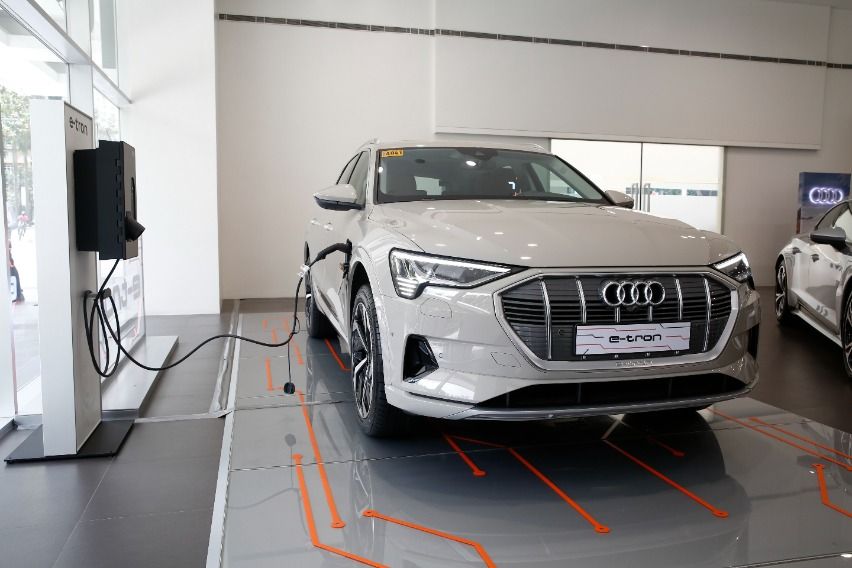
While the efforts from these carmakers and companies are valuable, what can open the door for greener EV charging solutions is government support.
The Republic Act No. 11697, recently signed by President Duterte, outlines the regulations for the manufacturing and adoption of EVs. "Its main policy aim is to promote the industry as a 'feasible mode of transportation to reduce dependence on fossil fuels,'" a report said.
Among other factors, the law would govern the establishment of charging stations in dedicated spaces to further push local EV adoption.
And so we wait for this law to materialize and cleaner charging methods to come about. As Change Wind Corporation declares — zero-emissions vehicles need zero-emissions charging.
Images from Change Wind Corporation, Nissan Philippines Inc, Mitsubishi Motors Philippines Corp., Audi Philippines
Sell your car at the best price
 Verified and genuine buyers
Verified and genuine buyers
Trending & Fresh Updates
- Latest
- Popular
You might also be interested in
- News
- Featured Stories
Featured Cars
- Latest
- Upcoming
- Popular
Car Articles From Carmudi
- journal
- advice
- financing
- insurance

